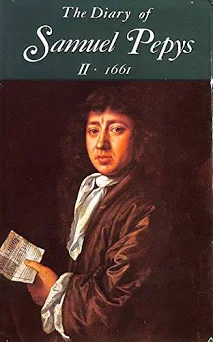This post looks first at the musings of London diarists and other writers who have penned interesting thoughts on visiting the city. The quotations included span the 16th to the 20th century and come from famous authors – Samuels Pepys and Johnson for instance – as well as lesser known travellers and even Vincent Van Gogh whose preferred medium was not words, but paint. They weren’t all complimentary, but they all had something interesting to say. As ever, there is much more detail on the podcast.
quotes on london
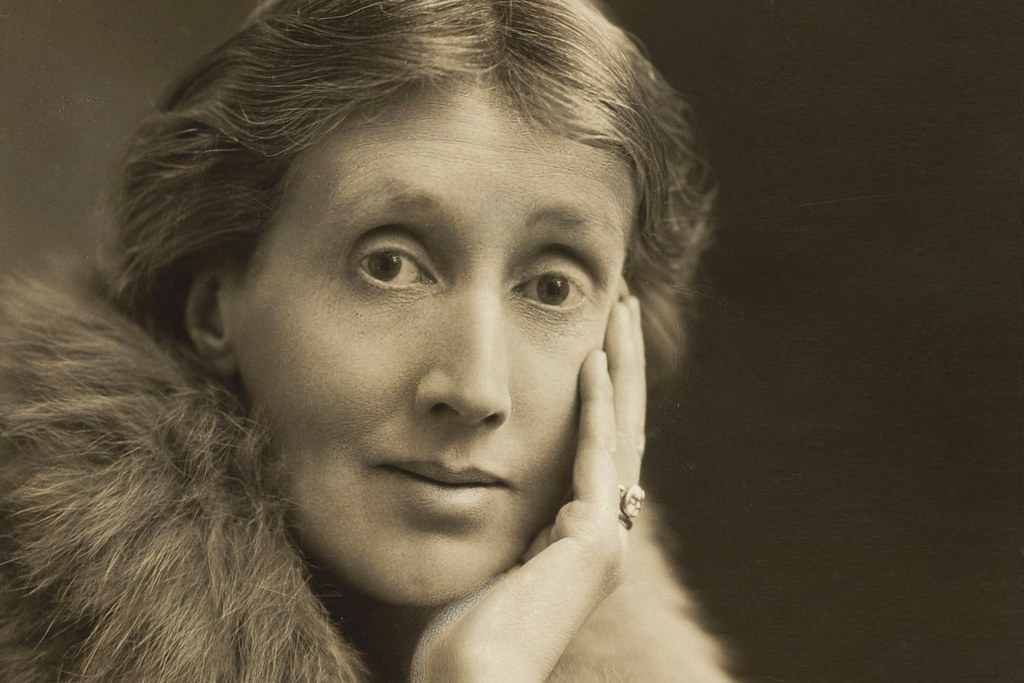
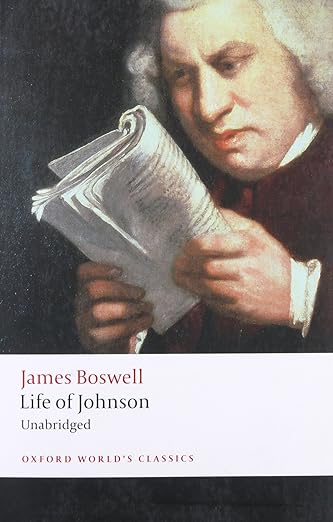
William Dunbar (1459-1520) expressed his admiration for London by calling it ‘the flower of cities all’. Virginia Woolf liked to leave the Surrey countryside every now and then and ‘go to London for the purpose of hearing the Strand roar, which I think one does need after a day or two of Richmond.’ But others waxed less eloquent. For William Shenstone, writing in 1791, ‘Nothing is certain in London, but expense’ and Thomas de Quincey wrote in Confessions of an Opium Eater (1822) of ‘a Sunday afternoon, wet and cheerless and a duller spectacle this earth of ours hath not to show than a rainy Sunday in London.’
In 1944, Lord Balfour described his mixed feelings: ‘London is a splendid place to live … for those who can get out of it.’ Bette Midler (1978) found it old fashioned: ‘When it’s three o’clock in New York, it’s still 1938 in London. But the last word must go to Samuel Johnson: ‘You find no man at all intellectual who is willing to leave London. No Sir, when a man is tired of London, he is tired of life; for there is in London all that life can afford.’
more london diarists
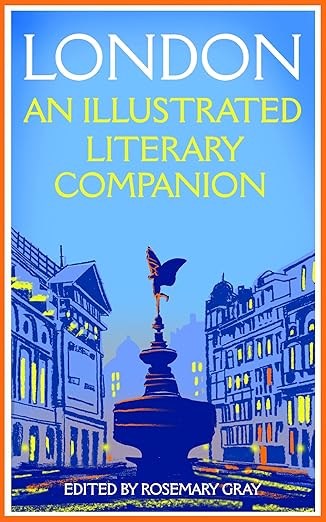
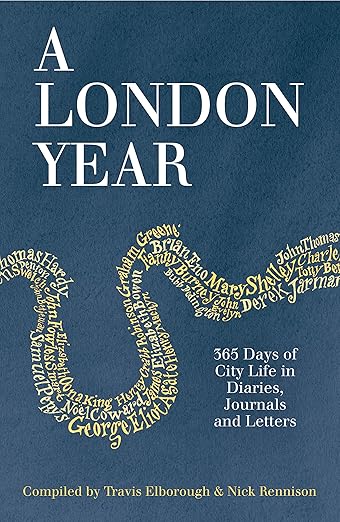
A number of extracts on the podcast show London in some of its many guises. These quotations indicate the variety included.
John Byram on a day out in the City of London(1725)
‘I went with Clowes to the Vine Tavern while he dined on a beef steak; thence through Lincoln’s Inn Fields … thence to the booksellers by Temple Bar; thence to Richard’s; coffee tuppence; thence to Paul’s Church Yard, had my handkerchief picked out of my pocket very strangely about Ludgate Hill, for I had my hand in my pocket most part of the way and was resolved it should not go.’
Thomas Carlyle at Smithfield Market (1824)
‘What a scene! Innumerable herds of fat oxen, tied in long rows, or passing at a trot to their several shambles; and thousands of graziers, drovers, butchers, cattle-brokers with their quilted frocks and long goads pushing on the hapless beasts; hurrying to and from in confused parties, shouting, jostling, cursing, in the midst of rain and shairn (dung) and braying discord such as the imagination cannot figure’.
George Gissing on London’s fog (1880)
‘After nine at night the streetlamps were perfectly useless. You could scarcely see the light even standing directly under them …. I was more than two hours making three miles, for I had absolutely and literally to grope with my stick, like a blind man, all the way. No ‘buses dared to run, and the few cabs and carts which continued to voyage did so with the driver walking at the horse’s head, with a lantern in his hand.’
love letters to london
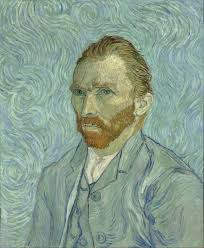
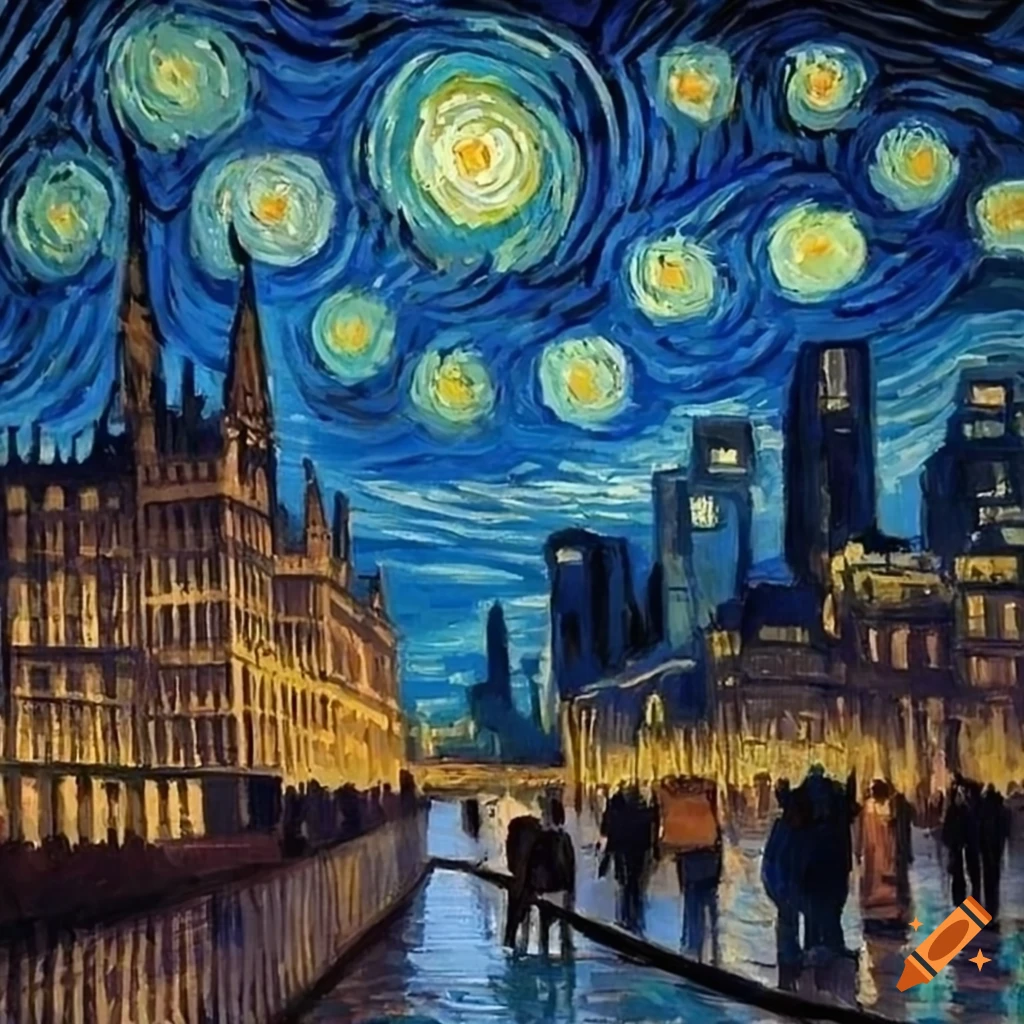
Charles Lamb on the liveliness of the city (1801)
‘The lighted shops of the Strand and Fleet Street; the innumerable trades, tradesmen and customers, coaches, waggons, playhouses; all the bustle and wickedness round about Covent Garden; the very women of the town, the watchmen, drunken scenes, rattles ….. the crowds, the very dirt and mud, the sun shining upon houses and pavements, the print shops, the old bookstalls ….. The wonder of these nights impels me into night walks about her crowded streets, and I often shed tears in the motley Strand from fullness of joy at so much life.’
Vincent Van Gogh on the beauty of Westminster (1876)
‘I left here at 4 in the morning, arrived at Hyde Park at half past six, the mist was lying on the grass and leaves were falling from the trees, in the distance one saw the shimmering lights of street-lamps that hadn’t yet been put out, and the towers of Westminster Abbey and the Houses of Parliament, and the sun rose red in the morning mist’.
the darker side of london
Two more extracts on the podcast include a description by Boz of a ‘filthy and miserable’ part of 19th century London and a heart-rending suicide note, written by a nineteen year-old who drowned herself in the Thames rather than continue trying to eke out her miserable existence alone in 19th century London.
Listen to the POdcast
Reading suggestions
The Diary of John Evelyn
The Diaries of Samuel Pepys A Selection
The Life of Johnson by James Boswell
A London Year 365 Days of City Life in Diaries, Journals and Letters compiled by Travis Elborough and Nick Rennison
London An Illustrated Literary Companion by Rosemary Gray
links for this post
Previous episode London’s Shops and Markets
Next episode Literary London
Last Updated on November 21, 2024 by Marian Jones

